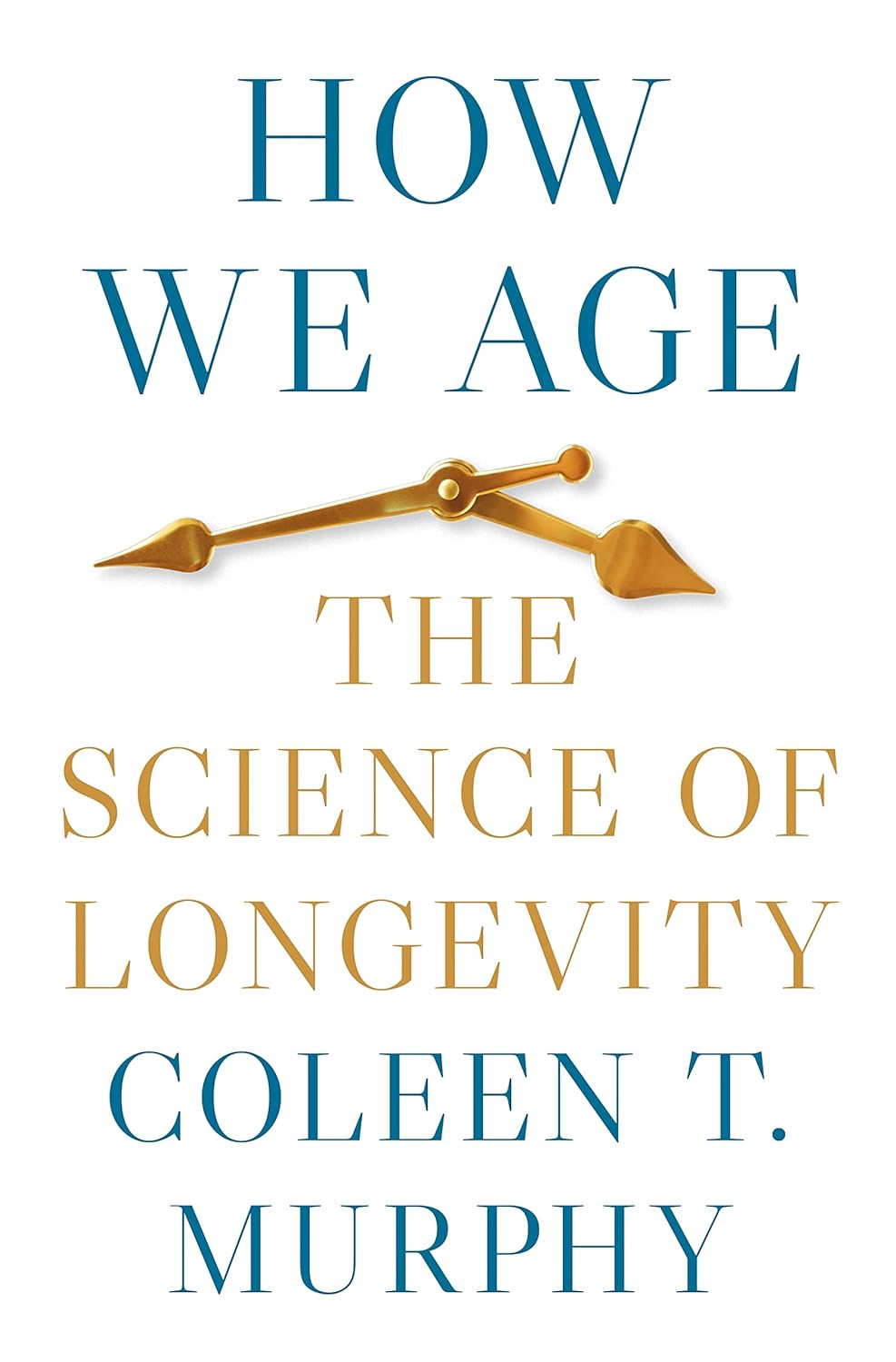How can we slow aging and enjoy a healthy lifespan? This outstanding question has long taunted humanity, as shown by the search for the ‘fountain of youth’. Whereas explorers such as Ponce de Leon might have looked for a mythical spring in then-exotic locations (Florida), we now know that science (rather than drinking one’s way around far-off lands) is how we can understand aging and improve our healthspan — that is, the youthful, healthy part of life. In particular, the past two decades have led to landmark discoveries in aging research1: Coleen Murphy’s upcoming book How We Age: The Science of Longevity tells the story of these remarkable discoveries through the words of a protagonist in this field.
Read the full review here: The science of longevity and the quest to solve an age-old problem | Nature Aging
All of us would like to live longer, or to slow the debilitating effects of age. In How We Age , Coleen Murphy shows how recent research on longevity and aging may be bringing us closer to this goal. Murphy, a leading scholar of aging, explains that the study of model systems, particularly simple invertebrate animals, combined with breakthroughs in genomic methods, have allowed scientists to probe the molecular mechanisms of longevity and aging. Understanding the fundamental biological rules that govern aging in model systems provides clues about how we might slow human aging, which could lead in turn to new therapeutics and treatments for age-related disease.
Among other vivid examples, Murphy describes research that shows how changing a single gene in the nematode worm C. elegans doubles its lifespan, extending not only the end of life but also the youthful, healthy part of life. Drawing on work in her own lab as well as other recent research, Murphy chronicles the history and current state of the field, explaining longevity’s links to reproduction and mating, sensory and cognitive function, inheritances from our ancestors, and the gut microbiome. Written with clarity and wit, How We Age provides a guide to the science: what we know about aging, how we know what we know, and what we can do with this new knowledge.
https://www.amazon.com/How-We-Age-Science-Longevity-ebook/dp/B0C5PW4GV1/
